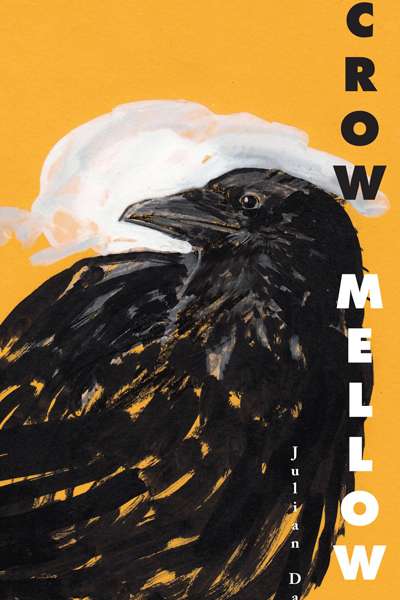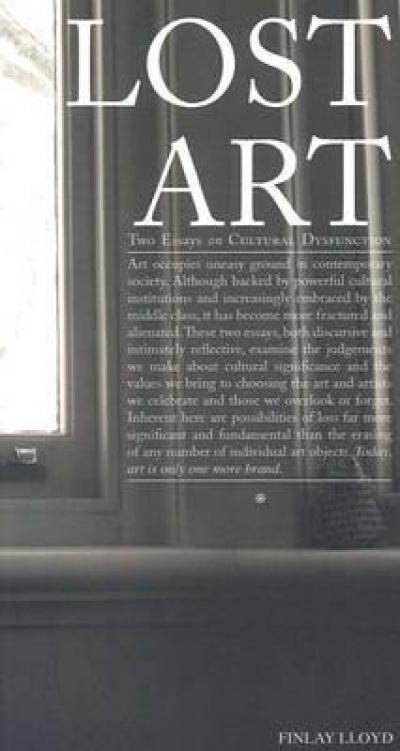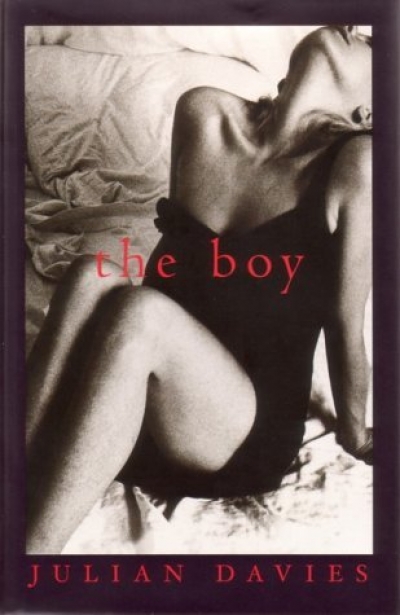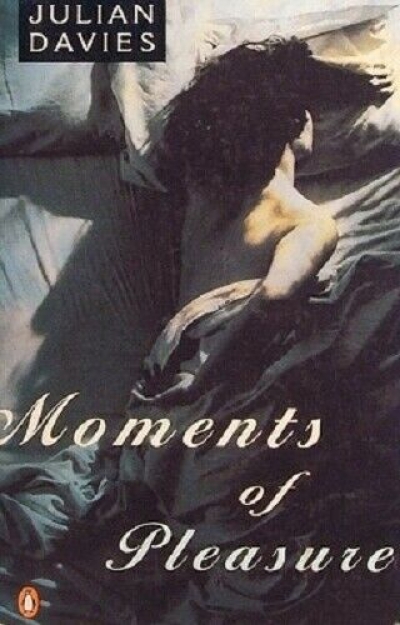Julian Davies
Lost Art: Two Essays on Cultural Dysfunction by Julian Davies and Phil Day
by Scott McCulloch •
In his latest novel, Moments of Pleasure, Julian Davies continues his exploration of father and son relationships, and of the role of desire in women’s lives. He talks here about his interest in contemporary manners, beginning by answering the question, why so much talk and so little pleasure?
... (read more)Have you ever looked at a duck? There is more to it, to use that peculiar cliché, than meets the eye. Watching ducks has been my labour for some time, but, of course, it will be so only for a limited period. Still, I expect I will always retain the interest now that I have come to know ducks better.
... (read more)




